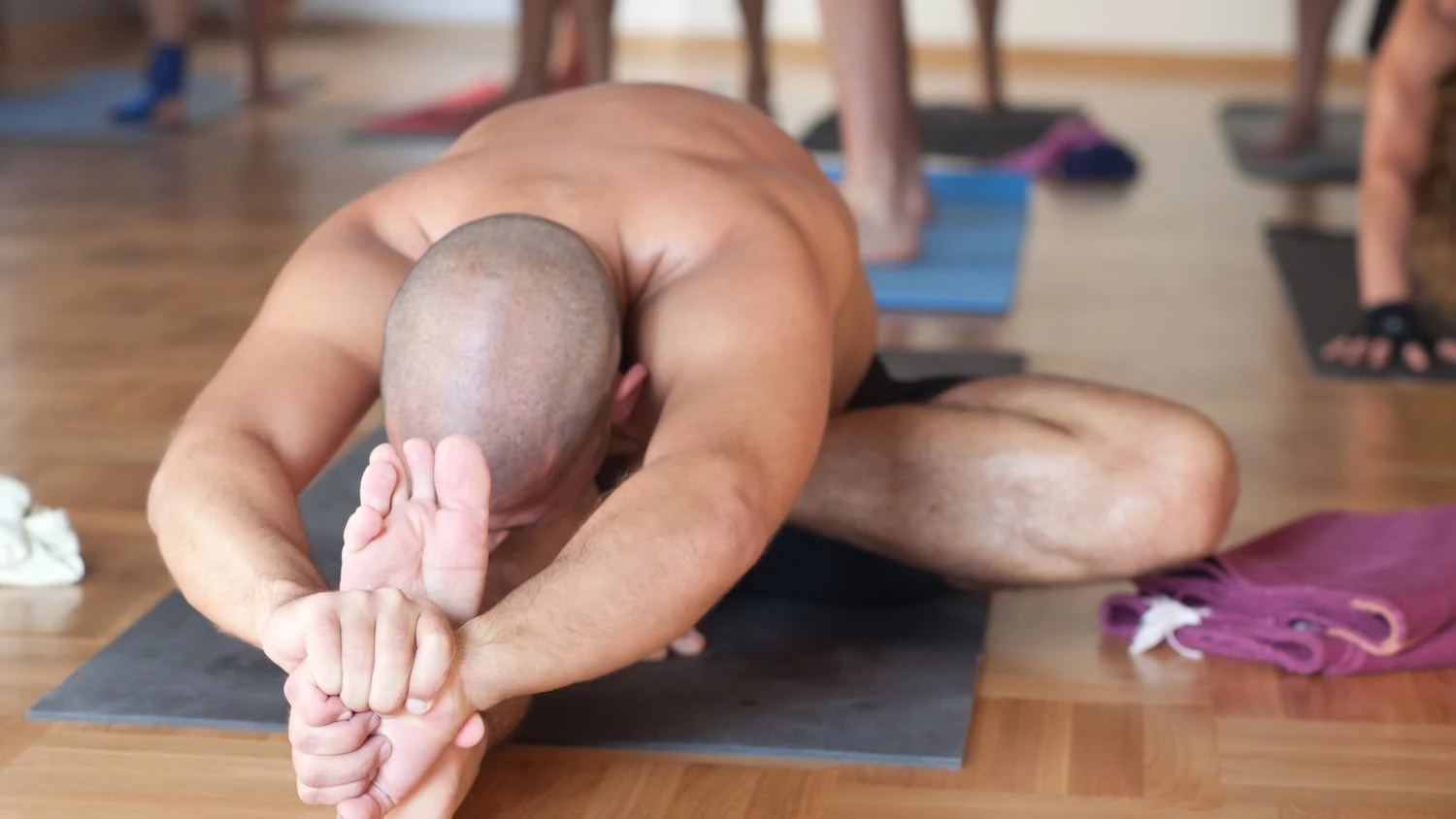Yoga and Mindfulness May Increase Odds of Cancer Survival, Study Finds

While the benefits of yoga and meditation for cancer patients are well-documented, these have largely been thought to be either psychological or for symptom management. However, a groundbreaking new study finds that the effects may actually extend to increasing the odds of long-term survival.
The study followed a group of 88 breast cancer survivors who had completed cancer treatment at least three months prior to the study, and who all were experiencing a great deal of emotional stress following the diagnosis and treatment. The participants were split into three groups. The first group was taught mindfulness meditation techniques and a hatha yoga sequence during a series of group sessions and a retreat; they were also instructed to meditate and practice yoga for forty-five minutes a day at home.
The women in the second group were sent to group therapy sessions led by clinical psychologists or social workers. These women met for 90 minutes weekly over the course of 12 weeks, sharing feelings and developing relationships with one another with the goal of teaching coping skills and developing a mutual support system.
The third group functioned as the control group; the women in this group were assigned to a single, six-hour “stress management seminar.”
Significantly, the study found that the women who received ongoing treatment—both the yoga/meditation group and the therapy group—maintained telomere length, while the women in the control group showed shortened telomeres. Telomeres are a protein complex that appear at the ends of chromosomes, and shortened telomeres have been linked to early death and higher mortality rates in cancer patients.
Telomeres protect chromosomes by keeping them intact and preventing them from breaking down or fusing with another chromosome. Longer telomeres are indicative of healthy cells, while shortened telomeres are a type of cell degeneration. Shortened telomeres are also associated with diseases such as heart disease, diabetes, osteoporosis, and Alzheimer’s.
So what causes telomeres to shorten? Diet, body weight, and lifestyle are all contributing factors, but, significantly, so is stress. “Recent emerging research has suggested that [telomere length] and its enzyme telomerase may be susceptible to psychosocial influences, particularly stress,” the researchers write. “The earliest studies demonstrated associations between naturally occurring stressors and telomere biology in non-cancer samples, in which stress was associated with shorter telomere length and lower telomerase activity.’
Does this mean that fighting stress with techniques like mindfulness and yoga can actually fight cancer? While the answer to that question is complex, the findings of the present study are promising.
“Together, these changes suggest an effect of the interventions on potentially important biomarkers of psychosocial stress,” the researchers write. “Given the increasingly well-documented association between telomere length and cancer initiation and survival, this finding adds to the literature supporting the potential for stress-reducing interventions to impact important disease-regulating processes and ultimately disease outcome.
More research is needed on a variety of populations and on different types of cancer, but the link between cell health and yoga and meditation is extremely important. If similar findings are reproduced, we might have to fundamentally shift the way we think about the roles of yoga and meditation therapy in cancer treatment. Yoga and meditation for cancer patients might very well turn out to be more than a way of managing symptoms or boosting health overall—these techniques could strengthen the body’s own natural resources and become an important tool in the ongoing challenge of preventing and surviving cancer.
Source: “Mindfulness-based cancer recovery and supportive-expressive therapy maintain telomere length relative to controls in distressed breast cancer survivors” Cancer, November 3, 2014.



